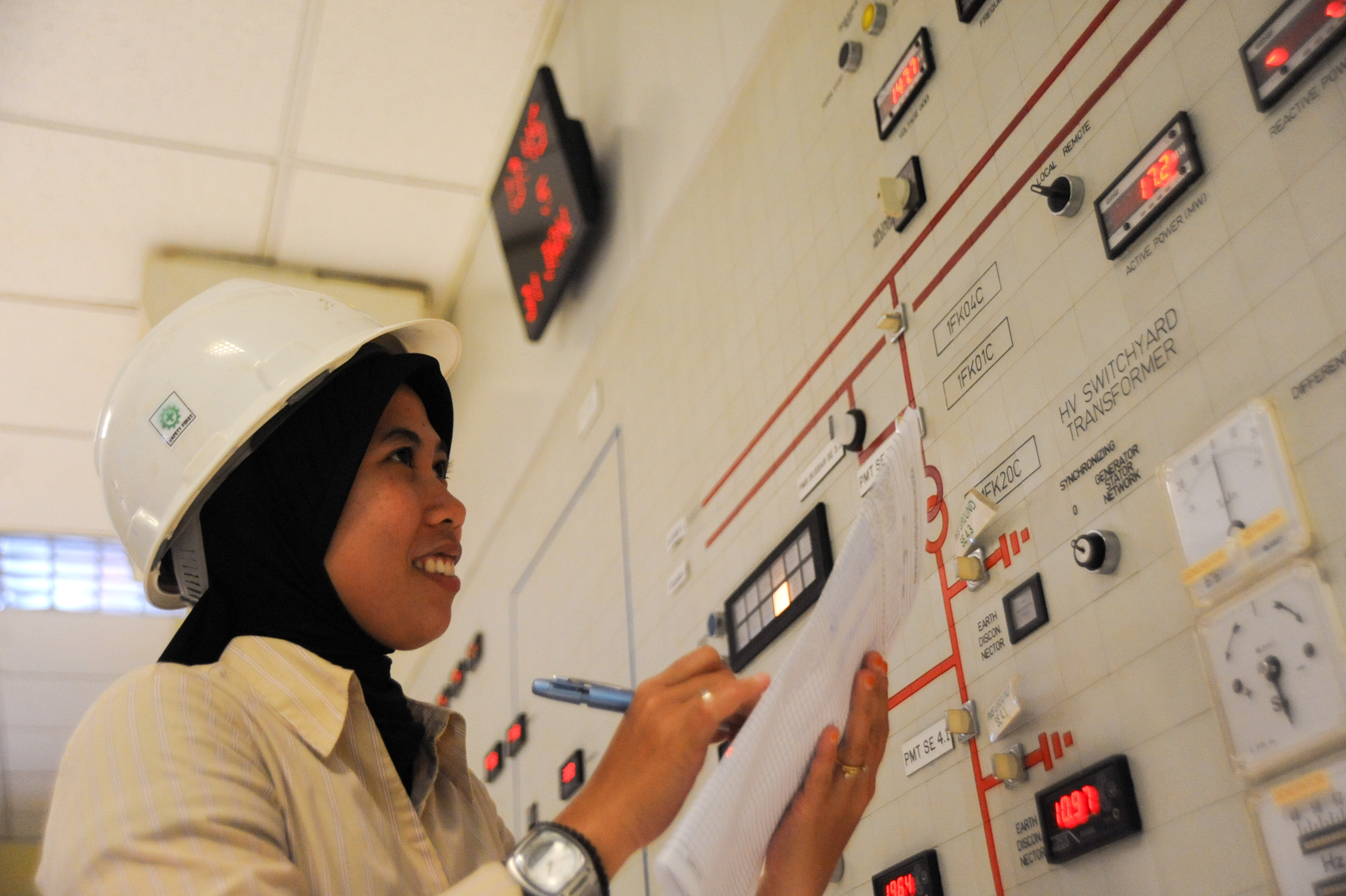
Information in this article is drawn from the Industrial Energy Accelerator, the website of a UNIDO-led network of international initiatives working to inspire global action on industrial energy efficiency.
An energy management system (EnMS) is a framework for energy consumers, including industrial, commercial, and public sector organizations, to manage their energy use. It helps companies identify opportunities to adopt and improve energy-saving technologies, including those that do not necessarily require high capital investment. But implementing an EnMS requires specialized expertise and staff training.
Why Implement an Energy Management System?
There are now many hundreds of examples of organizations that have significantly improved their energy performance through the implementation of an EnMS. They have succeeded in reducing energy costs, reducing other related costs, and reducing their exposure to volatile energy prices. More importantly, they have gained better control over their technical processes, improving productivity and process stability. If your organization is willing to put in the effort and commitment to implement an effective EnMS, it can help transform many aspects of your technical processes.
Common Misconceptions about an EnMS
Many companies purchase software and have the impression that this is an energy management system, but it is not. The purpose is to save energy, and it’s very common to keep forgetting this. We do need checklists, processes, auditing, and software, but ultimately, this must all lead to energy savings. At the end of the day, an EnMS is mostly about people and management.
What Do You Need for an Effective EnMS?
Organizations that are successful in implementing EnMSs generally have a committed energy manager. Such managers can overcome the inevitable obstacles encountered in what is essentially a change management process. They are successful in getting support from top management and persuading their fellow energy team members to deliver on the promise of a systematic approach to energy management. Support, leadership, and commitment from the top are essential.
Making Energy Management the Norm
Education is the foundation of energy management, and it’s most effective when taught from the lowest grade at school through to the highest at university. Until then, every business, institution, or workplace should contribute by educating employees about efficient energy use so that it becomes part of everyone’s culture. Examples could be displayed, and meters could be used to show the environmental and financial costs, creating awareness and behavioral change. Promoting this with as many people as possible drives the foundation of good energy management and the “culture of energy performance improvement.”
UNIDO’s Energy Management System (EnMS) starter kit provides an overview for leadership teams on what an EnMS is and how implementing one can bring added value to your organization. In this kit, you will find insights from UNIDO’s global experts as well as external links to recommended references, case studies, manuals, and technical guides. Download UNIDO’s Energy Management System starter kit here
See: UNIDO’s Practical Guide for Implementing an Energy Management System

